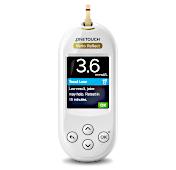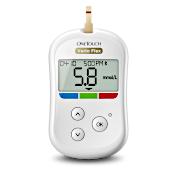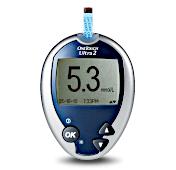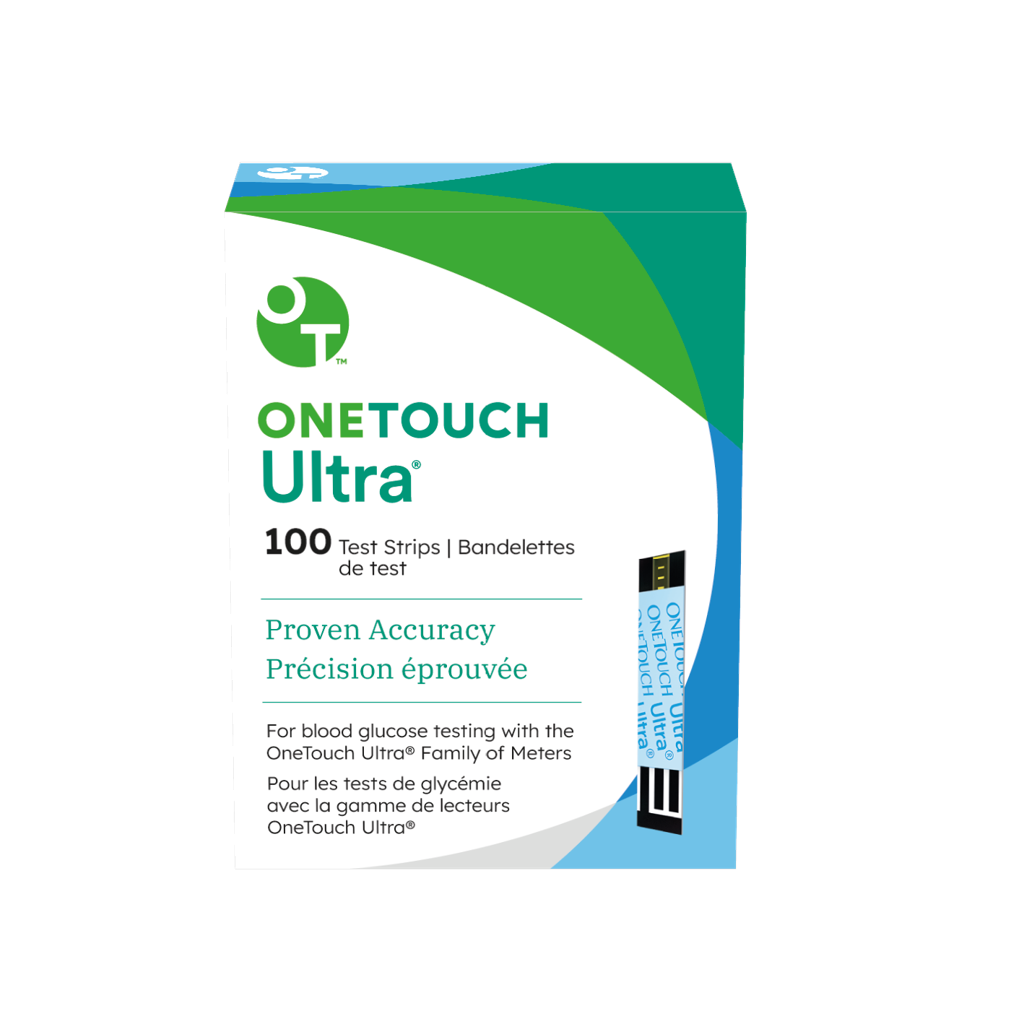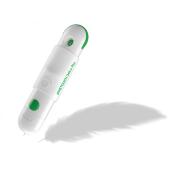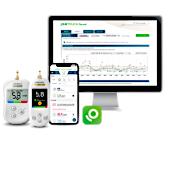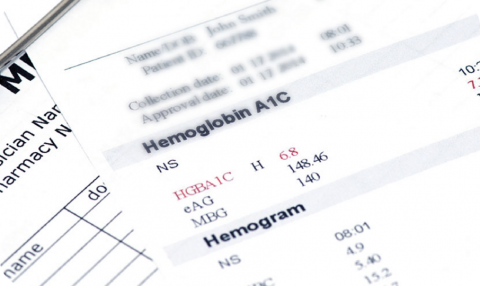How to Raise Your Testing IQ

Get smart about glucose testing to help you stay on top of your diabetes.
With diabetes, the power to know how you’re doing in any moment is literally in your hands – your glucose monitor. While testing doesn’t directly change your glucose levels, it gives you an immediate picture of what they are. This allows you and your healthcare team to see how your treatment plan is working and adjust it, if needed.
Use this power. Know how to use your meter properly, when to test, and how to interpret results. Having a high “Testing IQ” puts you in a better position to stay on top of your diabetes and your overall health.
3 Tips for Testing Smart:
- Test when it matters. It may take you a while to figure out the best times to test. By tracking your test results, you’ll start to see patterns of highs and lows. In general, it’s recommended you test at a variety of times, which can include:
-
first thing in the morning
-
before and after meals
-
before and after exercise
-
before you go to bed.
Work with your healthcare professional to help figure out your best times to test.
-
- Make any necessary adjustments. Smart testing will uncover areas where you may need to improve. For example, if your glucose is at target before, but high after dinner, you may need to rethink your dinner options. Once you make this adjustment, see if things improve and then tackle another challenge.
- Get an A1C test every 3 months1. Knowing your A1C levels is an essential part of managing diabetes and making smart everyday choices. To learn more about A1C levels, check out this article.
By testing smart, you will start to feel the difference. That’s because sometimes there’s a direct link between your blood glucose levels and how you feel every day. Being informed and making smart choices will help you stay in range more often and have more days where you feel your best.
Reference:
1 Berard L, Siemens R, Woo V. Diabetes Canada 2018 Clinical Practice Guidelines for the Prevention and Management of Diabetes in Canada: Monitoring Glycemic Control. Can J Diabetes 2018;42(Suppl 1):S47-S53.
Related articles
CA-OTB-2100010

